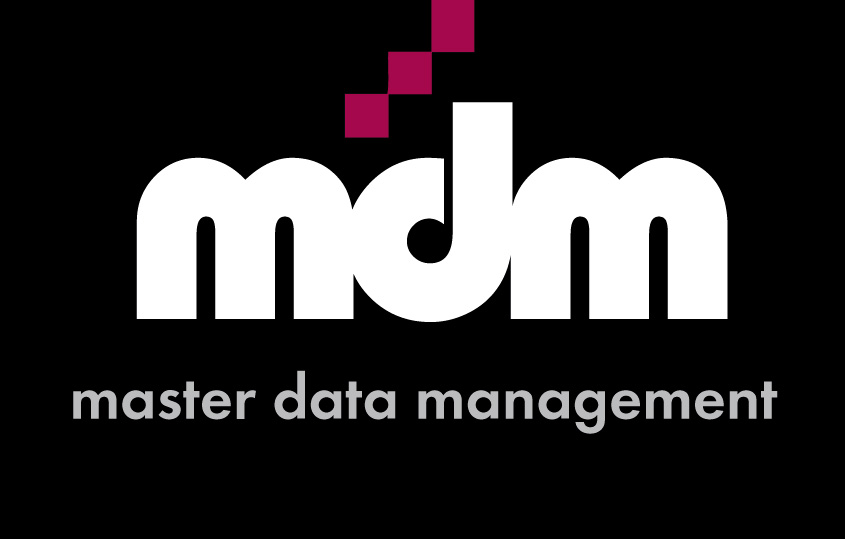
I frequently hear data management professionals complaining about “a lack of business buy-in” or “a lack of executive sponsorship” for data governance. This perceived lack of support is a major source of frustration and is highlighted as the reason that data governance is not being introduced effectively at an enterprise level.
The problem, in most cases, is that the business benefits of data governance have not been clearly articulated. In many cases, data management staff may not know where to start to identify potential benefits.
A few obvious candidates stand out:
1. Corporate Governance
Following the Enron scandal the US government took action to hold directors accountable for the misrepresentation of financial results with the Sarbanes-Oxley Act.
Many South African companies have dual listings or international partners and have to comply with this act. On the local front, King III is the most comprehensive set of guidelines yet published to ensure good financial governance for South African companies, while government entities must comply with the Public Financial Management Act (PFMA).
Are the underlying data management practices in place at your company sufficient to guarantee the accuracy of your financial results?
How much stock are you holding?
How much bad debt?
If you have a financial governance project running this would be a good place to look for a business case.
2. Privacy legislation
The Consumer Protection Act, the PCI-DSS (for credit card vendors) and the pending Protection of Personal Information Act (PoPIA) all require that sensitive data is secure, is of good quality, is accessed on a need-to-know basis only, and is disposed of when no longer needed.
Can your business accurately identify all instances of data that you hold for each client?
Which is the most up-to-date?
Who has access to it and do they need to?
Sensitive client data tends to spread across the enterprise into various departmental and product systems and managing this challenge is a governance problem.
3. Risk
Basel II (and the pending Basel III) and Solvency II are regulations set up to manage and assess risk for banks and insurance companies.
Organisations are required to establish a process for data quality management and account for adjustments to historical data. The regulations require that risk calculations must be “provably correct” based on ongoing assessment and monitoring of core risk data.
Like any large program that touches all departments in the business a pragmatic data governance implementation will add value.
Compliance-driven business cases are built around the avoidance of penalties and fines, the reduction of financial and reputational risk and the cost savings that governance can bring to tasks that will have to be performed anyway.
4. Master Data Management (or other data-intensive IT projects)
Master data, by definition, is used for many purposes and across many areas of the business. Data governance helps to ensure that the MDM implementation takes all the necessary views and users into account and helps to manage conflict and resolve potential issues.
Data governance (and data quality) are recognised as critical success factors for MDM projects – why spend hundreds of millions on new systems without planning for success?
5. Duplicated effort
In many large organisations, we see huge duplication of effort as different teams try to address the same issue. At worst this may simply result in wasted expense – multiple projects trying to achieve the same result. In the worst case, projects may clash with each other – with one undoing the results of another.
One real example.
A project team was set up to capture missing ratepayer information for billing purposes. Another project was set up to remove ratepayers without a valid postal address. The result – one person capturing data and another, two cubicles away, deleting the records as quickly as they were captured.
A major benefit of data governance is the business alignment function – ensuring that all projects that will impact data are understood and coordinated across the enterprise. This can drive significant cost savings.
Conclusion
Ultimately your business case may start with one of these, or with something else entirely.
To find specific business cases you need to talk to these project teams and identify issues that can be related directly to data management.
I would recommend starting small – where can you deliver measurable benefits within your existing budget and capacity?
Additional business buy-in will come as you show value – remember to measure and communicate what you are achieving.
Please share your experiences – where has your governance program delivered value?
Where did you find traction and how did you sell it?

Leave a comment